Contents
i From Disability Theory
to Practice ii
iii From Disability Theory
to Practice
Essays in Honor of
Jerome E. Bickenbach
Edited by
Christopher A. Riddle

iv Published by Lexington Books
An imprint of The Rowman & Littlefield Publishing Group, Inc.
4501 Forbes Boulevard, Suite 200, Lanham, Maryland 20706
www.rowman.com
Unit A, Whitacre Mews, 26-34 Stannary Street, London SE11 4AB
Copyright 2018 The Rowman & Littlefield Publishing Group, Inc.
All rights reserved . No part of this book may be reproduced in any form or by any electronic or mechanical means, including information storage and retrieval systems, without written permission from the publisher, except by a reviewer who may quote passages in a review.
British Library Cataloguing in Publication Information Available
Library of Congress Cataloging-in-Publication Data
Names: Bickenbach, Jerome Edmund, honouree. | Riddle, Christopher A., editor.
Title: From disability theory to practice : essays in honor of Jerome E.
Bickenbach / edited by Christopher A. Riddle.
Description: Lanham : Lexington Books, 2018. | Includes bibliographical
references and index.
Identifiers: LCCN 2018022845 (print) | LCCN 2018026034 (ebook) | ISBN
9780739189467 (Electronic) | ISBN 9780739189450 (cloth : alk. paper)
Subjects: LCSH: Sociology of disability. | People with disabilities. | Social
justice.
Classification: LCC HV1568 (ebook) | LCC HV1568 .F755 2018 (print) | DDC
305.9/08dc23
LC record available at https://lccn.loc.gov/2018022845
 The paper used in this publication meets the minimum requirements of American National Standard for Information SciencesPermanence of Paper for Printed Library Materials, ANSI/NISO Z39.48-1992.
The paper used in this publication meets the minimum requirements of American National Standard for Information SciencesPermanence of Paper for Printed Library Materials, ANSI/NISO Z39.48-1992.
Printed in the United States of America
v For Jerome: Thank You

Jerome E. Bickenbach, 2018
Courtesy of Jerome Bickenbach
vii Contents
Christopher A. Riddle
Christopher Lowry
Patricia Welch Saleeby
Christopher A. Riddle
Somnath Chatterji
Tom Shakespeare
David Wasserman
L. W. Sumner
Sara Rubinelli, Alarcos Cieza, and Gerold Stucki
viii
Introduction
Christopher A. Riddle
This volume is a gift for Jerome Bickenbach and hopefully serves to begin to provide tribute to his work, and to thank him for his friendship and mentorship. I first met Jerome at Queens University almost 15 years ago and while I was not a particularly acute student at the time, it was apparent that he was not like many other academics. A few things about Jeromes personality struck me then, and have been reinforced throughout the years.
First, he possesses great humility and gregariousness. To know Jerome is to know just how kind, enthusiastic, positive, and charitable he is. I think we too often confuse intellect with seriousness or a stern attitude and an inflexible will. Jerome was the first person who demonstrated to me that one could be a serious academic, without always having to be serious. He attentively entertains others ideas and treats them with care, humor, and positivity.
Related to this, is his trust. While easily overlooked, I think Jeromes trust in others is intimately related to his humility and leadership style. Jerome is quick to trust individuals and their abilities and this has undeniably resulted in those around him feeling more capable and confident, and thus, producing work worthy of his careful and critical eye. Undeniably, we, as well as the respective fields of our scholarship, have benefitted greatly because of the trust Jerome has in all of us to produce work and to contribute to advancing ideas related to disability in positive directions.
Finally, while often the first to find humor in a situation, or the first to make others laugh, he is very diligent, hardworking, and serious about his scholarship. His contributions to disability-related inquiry are far too vast to begin to attempt to address in any sort of systematic manner. I cannot help but feel that the attributes I highlight here are responsible for the vast coverage of his scholarshiphe is intellectually curious, not afraid to engage with different ideas, and willing to go where reason and arguments lead. One of the most difficult aspects of engaging with his work is to know precisely where to start. Jeromes work-ethic and unrelenting attention to detail ensure no stone goes unturned in examining precisely how our principled commitments relate to real-world policy and the improving of the material lives of people with disabilities around the globe.
But of all the lessons I have learned from him, and there have been manyboth personal and philosophicalhis commitment to caring for others is what I value the most. Reading the chapters that comprise this collection has resulted in my believing that the authors share my sentiments, at least in part, because their affection and respect for Jerome shine through their individual contributions. Calling this collection a festschrift or a liber amicorum is just fine by me, because I am certain Jeromes work is worthy of a celebration, and I am equally as certain that this book is a collection of papers from his friends, one of whom I am proud to be.
All the chapters that follow engage with Jeromes work in unique and subtle ways, drawing on the various disciplines that his work transcends. Interpreted thusly, this book should be regarded as a collection of papers from, minimally, disability studies, philosophy, sociology, law, and public policy.
Patricia Welch Saleebys chapter titled, Capabilities and the International Classification of Functioning, Disability, and Health, suggests that the capabilities approach is not only a useful tool for measuring human development and justice for people with disabilities, but it also provides a more appropriate means of understanding disability than other models. More specifically, she claims, as Jerome has, that with some minor changes, the ICF could work in tandem with the capabilities approach to promote a more nuanced understanding of disability, which in turn, would increase the value of the ICF itself.
Somnath Chatterjis contribution, Disability: A Rethink, argues for the need to rethink disability within the public health context. He suggests that it is central to the mandate of health systems to reformulate our conception of disability to reside within the context of public health, and that the mainstreaming of disability within health is essential. He engages with Bickenbachs contribution to the ICF and attributes this work to making disability no longer reside in the domain of a small minority, but instead, being recognized as central to designing public health interventions, creating individual rehabilitation strategies, underpinning the rights agenda of disability, and increasingly key to international development processes.
In a related manner, the fifth chapter, by Tom Shakespeare, Can Disabled People Be Healthy? critically engages with the notion that people with disabilities are also unhealthy. He suggests that a person can be simultaneously disabled and healthy. Ultimately, he suggests that the ICF as well as the political reasons associated with such an instrument, have driven this tying of health to disability and that instead, the lived experiences of people with disabilities suggest that while there might be some correlation between disability and health in some instances, there is no causal factor.

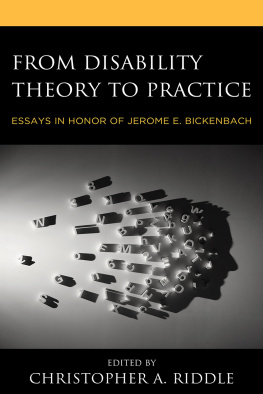

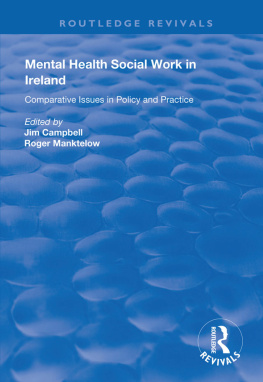
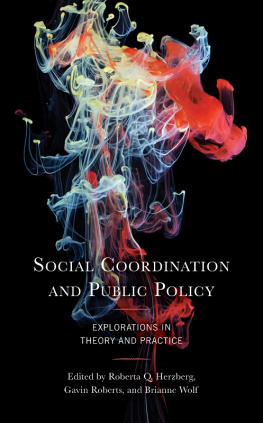
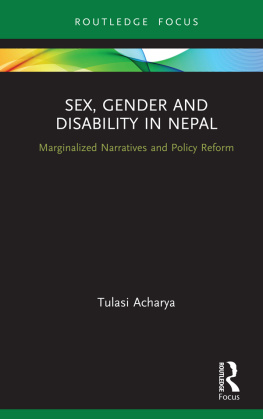
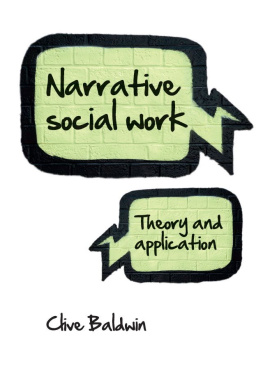
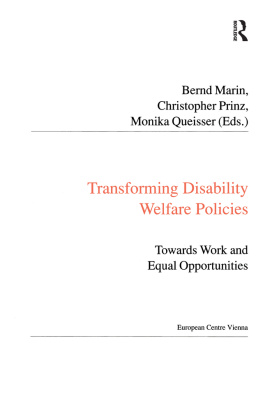
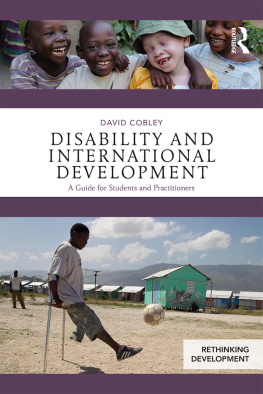
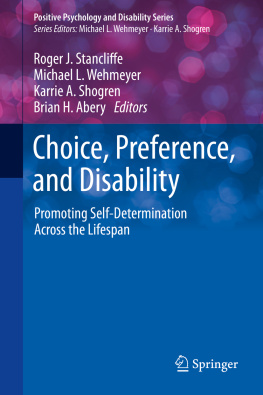
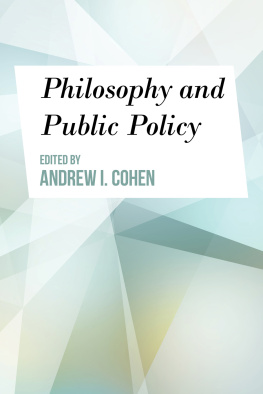
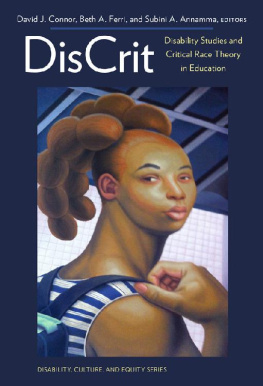


 The paper used in this publication meets the minimum requirements of American National Standard for Information SciencesPermanence of Paper for Printed Library Materials, ANSI/NISO Z39.48-1992.
The paper used in this publication meets the minimum requirements of American National Standard for Information SciencesPermanence of Paper for Printed Library Materials, ANSI/NISO Z39.48-1992.